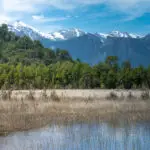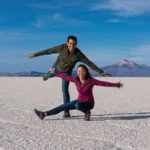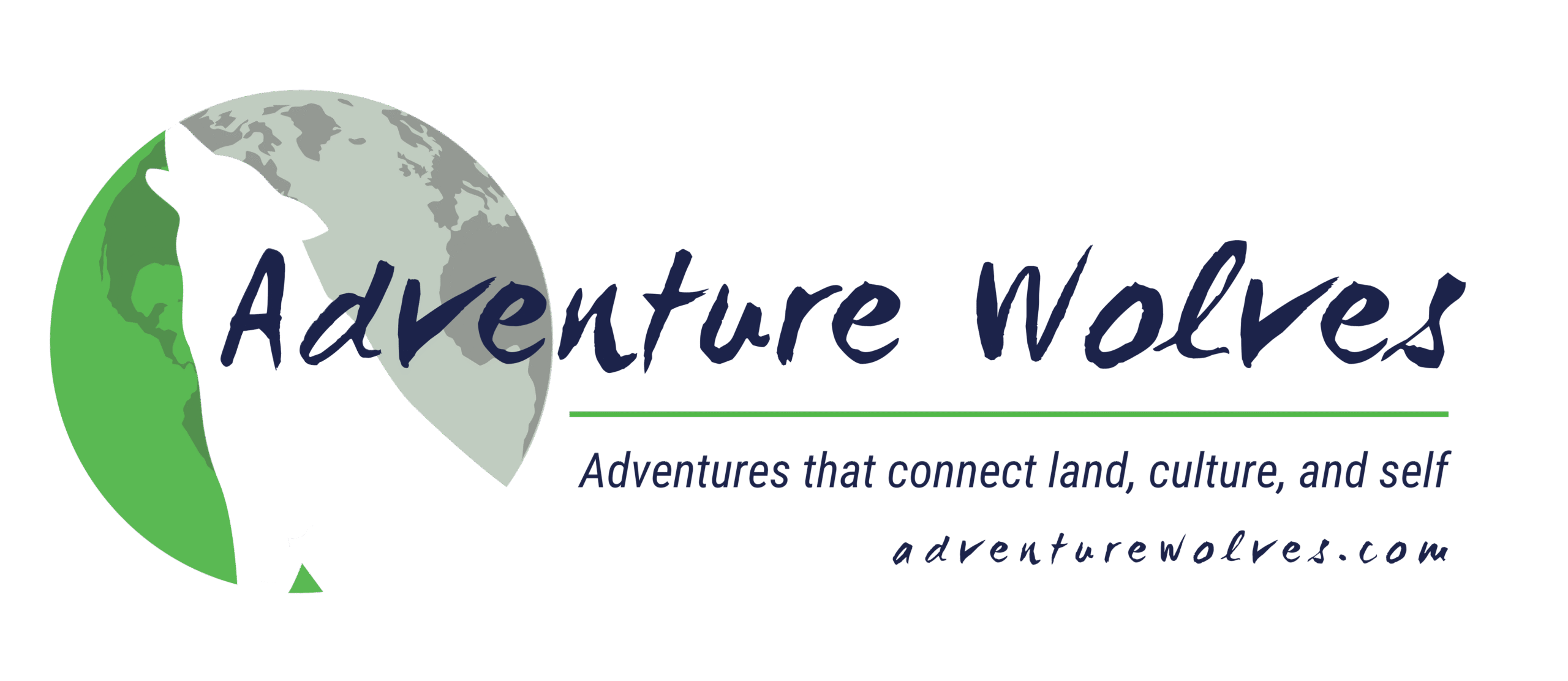Power to the People
Power to the People
Power to the People
“Salt of the Earth”
“Expect the unexpected and you’ll be fine.” This is common advice for anyone embarking on an overlanding expedition through South America. While true for most road adventures, it’s especially fitting in countries where infrastructure is fragile, laws loosely enforced, and tempers running hot in the face of injustice, inequality, and corruption. Chaos and uncertainty become two powerful ingredients in the recipe for change.
Bolivia has a long history of protest—road blockades often led by campesinos, rural farm workers, demanding fair treatment and resources. Under Evo Morales, Bolivia’s first Indigenous president, the country enjoyed over a decade of relative stability. But after three terms, and with poverty still widespread, frustration grew. Accusations of corruption mounted as natural resources like lithium-rich salt were allegedly sold off for less than their worth, the profits kept by a few. Evo’s bid for a fourth term, despite a one-term constitutional limit, fueled the fire. Even some loyal supporters suspected betrayal.
Regardless of how the election turned out, unrest was inevitable. We knew being in Bolivia on Election Day meant risking indefinite roadblocks and chaos, yet we didn’t want to leave without experiencing the magic of Salar de Uyuni—the vast salt flats Bolivia is famous for. That gave us just one day to cross the border by the hair of our chinny-chin-chins.
On our way there, we hit a blockade—both political and physical. In a detour attempt, we accidentally bulldozed a cement train staircase straight off its crowbars. Thankfully, Karl’s humor and my dramatic meltdown softened the train workers enough to settle the “damages” on the spot and keep moving. Hours later, after waiting for campesinos to clear the roads, we finally made it to the Salar. Two nights under endless skies and over otherworldly salt flats were worth every bump and bribe.
Bolivia’s roads tossed us around like popcorn as we raced for the Chilean border, desperate to leave before election chaos set in. We found a wild camp spot in a surreal canyon-scape that looked like it had been downloaded from another planet. We popped the camper roof—or tried to. No power. Worse, our sleeping bags were locked inside the dead camper on a freezing night. A manual override on our ACR battery switch saved us, barely.
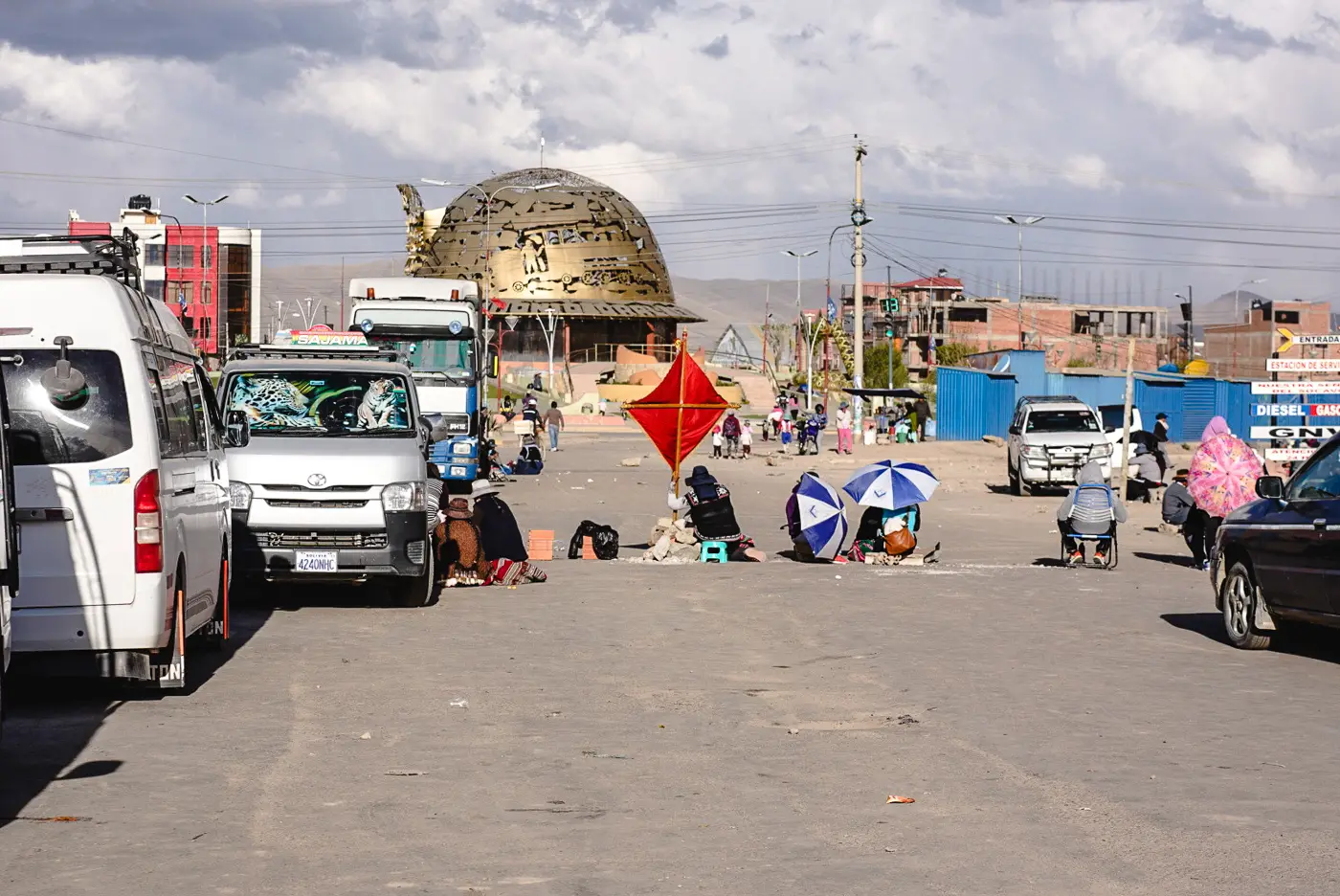
Salt of the Earth
The next morning, we reached the Chilean border only to face another hurdle: Oz’s pet paperwork hadn’t been properly processed by Bolivian authorities. Chile refused entry and threatened to send us back. With no power in our camper, looming roadblocks on the other side, and the real risk of being stuck indefinitely, desperation set in. A kind Bolivian couple vouched for our story, verifying the blockades, but officials didn’t budge. Finally, Plan Z: we dropped to our knees, pleading, “Por favor, por favor!” After a tense hour, a reluctant act of kindness ushered us across the border as guards left for lunch. We drove silently, tails between our legs, but hearts leaping with relief.
Crossing into Chile was like stepping into another universe. Smooth roads, towering red rocks, volcanic peaks, pink flamingos scattered across salt lakes—the Atacama Desert was a breathtaking dream. San Pedro de Atacama charmed us instantly, its adobe streets frozen in time. After months of chaos, and a week living in an auto repair shop in La Paz, we finally exhaled.
But peace was fleeting. Just as we toasted our “harrowing escape” with a Pisco Sour, protests erupted outside. Chile, a country long seen as a South American success story, was now rising up too. Inequality had grown unbearable; even the middle class was in the streets, joining the poor in their fight for justice. Across Bolivia and Chile, the rich grew richer while the people—the salt of the earth—were left scraping by.
In Bolivia, after weeks of unrest, Evo Morales resigned. A victory for the people, though the taste of lasting change remains uncertain.
And us? We finally got power back in our camper a week later. But this time, we held a deeper gratitude for the power we had—and a quiet hope to one day give it back.
Comments are closed.
adventure.wolves
